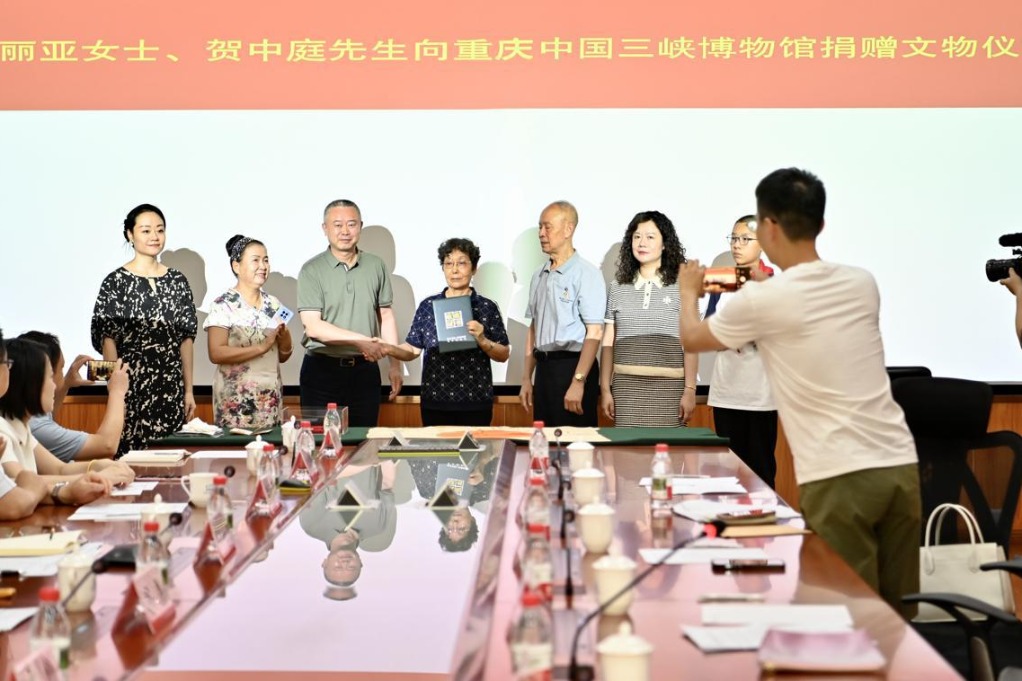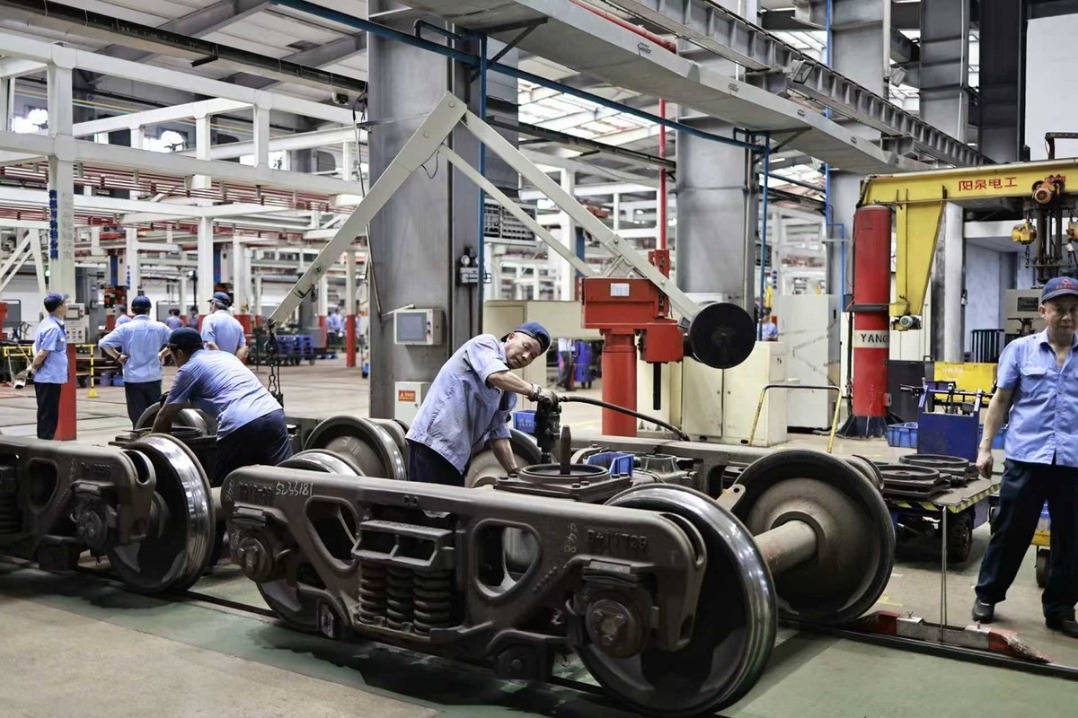Poverty alleviation through healthcare bears fruit in Tibet, Xinjiang

BEIJING -- Assistance by professionals from tertiary hospitals across China has helped health institutions in the country's remote regions of Tibet and Xinjiang improve their service capacity and management, contributing to poverty alleviation and improvement in the health of locals, a government official said Tuesday.
In each of the last five years, around 900 experts from tertiary hospitals were involved in the campaign to support hospitals in Tibet autonomous region, Xinjiang Uygur autonomous region, and the Xinjiang Production and Construction Corps, said Mi Feng, an official with the National Health Commission.
Addressing a press conference on the health sector's assistance in poverty alleviation efforts during the 13th Five-Year Plan period (2016-2020), Mi said health institutions that had received support included hospitals based in 106 impoverished counties.
China has a three-tier system to grade hospitals, with tertiary hospitals -- which have the largest number of beds and provide comprehensive medical services -- at the top of the list.
- Investigation team set up after deadly bridge construction accident in NW China
- Two giant pandas welcome their first visitors at new home in Harbin
- China's V-Day parade to highlight peace, pledge to defend international fairness, justice
- A voice of Shandong University of Technology heard in Russia
- 12 dead, 4 missing after bridge collapses in Qinghai
- Central delegation visits people in Lhasa






































